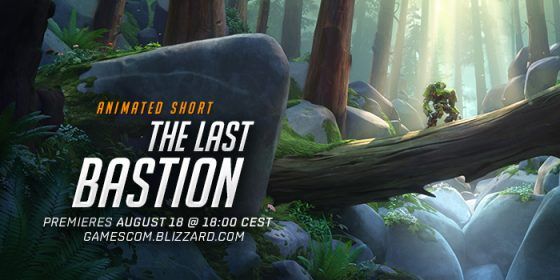

It analyses two novels, Orang Asing (1985) (OA) and Angin Pagi (1990) (AP), both written by Bruneian Chinese author Chong Ah Fok. This chapter addresses ideological norms within a Malay Muslim nation by examining processes privileging Malay Muslim culture and strategies for a self-sufficient economy that involves local Malays. This article also makes a case for the diversification of local literary and cultural production to effectively reorient public narratives of the environment. To this end, I examine the ways in which nature and the supernatural are portrayed and how nonhuman agencies disrupt anthropocentric narration and reading. EcoGothicnarratives can thus be seen as crucial representational models of anti-extractivism that reimagine human-nonhuman relations beyond anthropocentric epistemologies.

Using a localized EcoGothiccritical framework, I argue that the novelreflectsIndigenous ecological beliefs and practices, wherein nature and the supernatural destabilize and undermine anthropocentric ways of knowing and relating to the nonhuman. This article posits gothic depictions of the haunted forest as important counter-narratives to extractivist representations of nature in public narratives in Brunei, including government policy and advertising for environmental tourism.The critical discussion will focus on a contemporary Bruneian text, Aammton Alias’sThe Last Bastion of Ingei(2016). Hence, I argue that this novel offers a valuable critique of the conditions of postcolonial identity through contested powers, spaces and voices through its speculative narrative plot. To this end, a unified nation is yearned for via speculative scenes of reconciled relations of its family members. Furthermore, a dystopian world of conflict is rejected in an ultimate desire for utopian peace and happiness as the novel calls for a suturing of social and racial divisions. A further revival of the cultures of indigenous Malays, non-indigenous Ibans, and Penans within Brunei exhibits the extent to which the novel’s project of decolonization is promoted. I contend that the hybridity of human-hanturelations functions as a strategy of resistance by collapsing demarcated boundaries between self and alien other. The novel delineates the way that a colonial mindset undermines indigenous and minority identities. Employingthedouble lines of enquiry provided by the Orientalist colonial gaze and ideology of progress, I discuss symbolic and materialist aspects of the violent processes of othering experienced within the Bruneian nation.

This paper examines an Anglophone Bruneian novel,The Last Bastion of Ingei (2016),by Aammton Alias, as postcolonial speculative fiction.


 0 kommentar(er)
0 kommentar(er)
